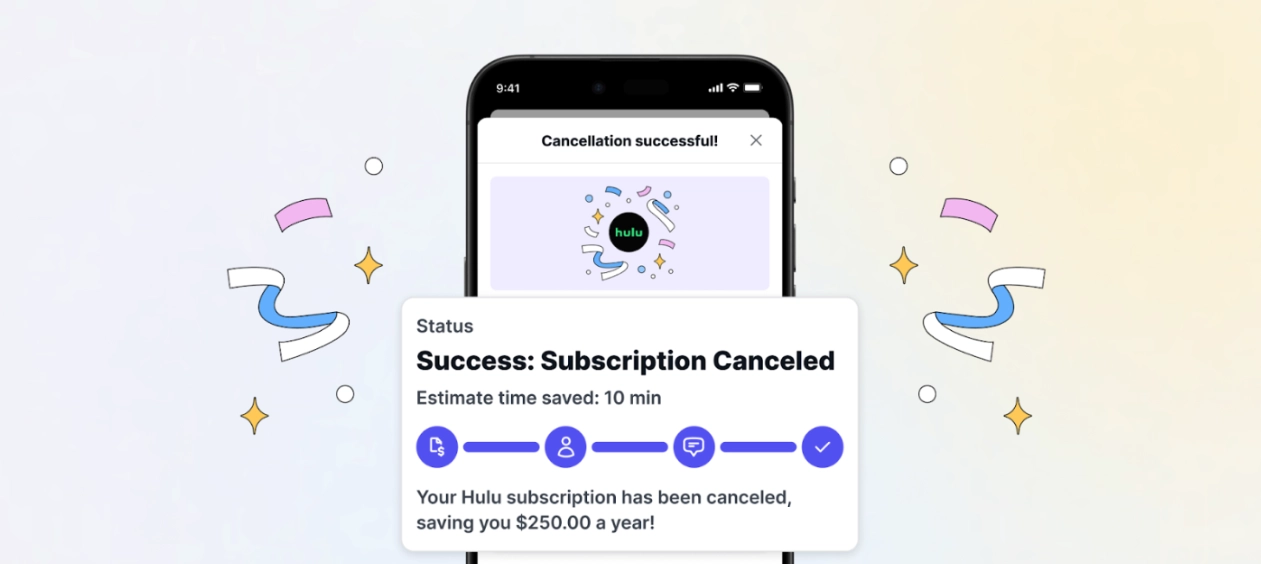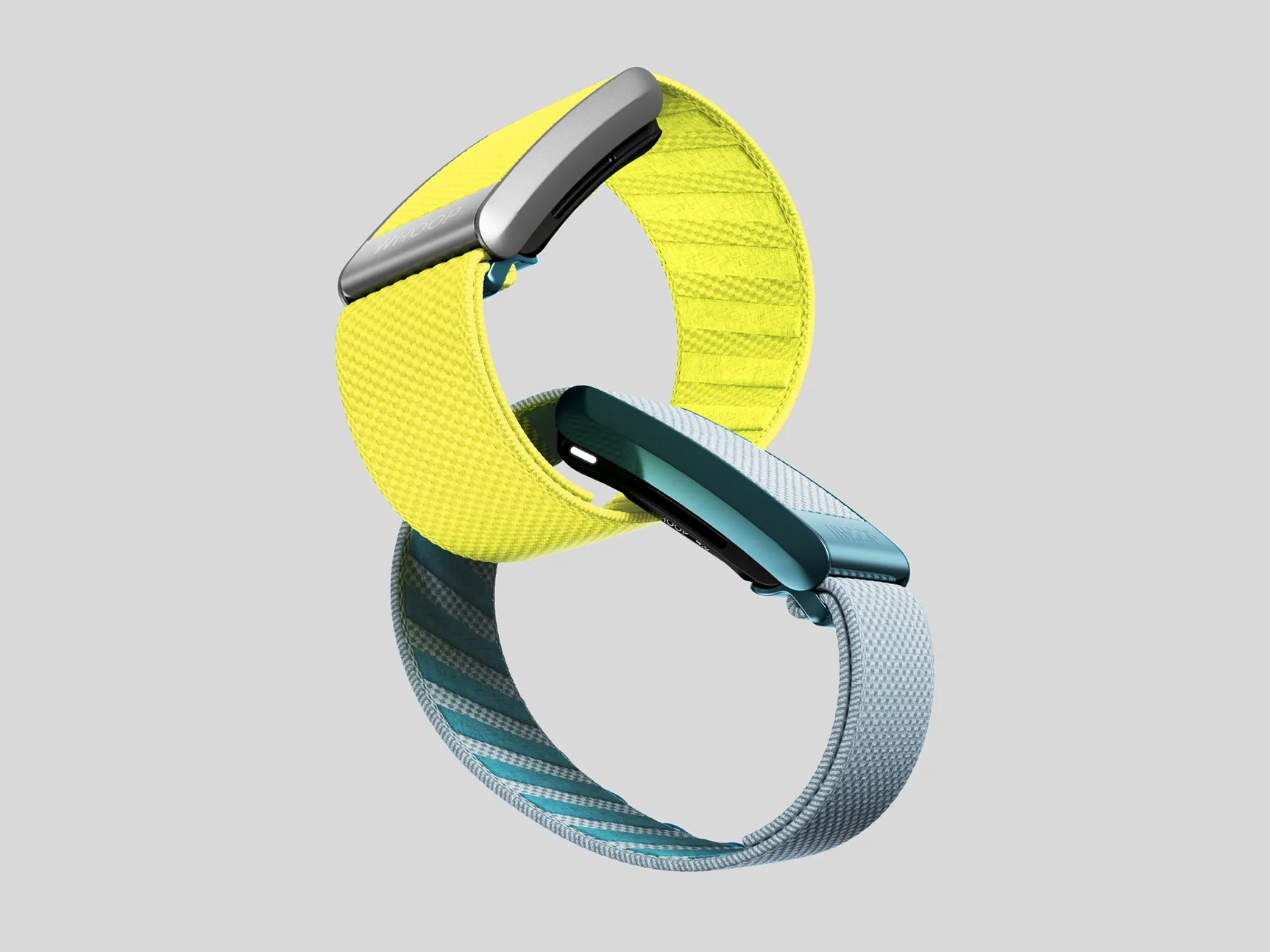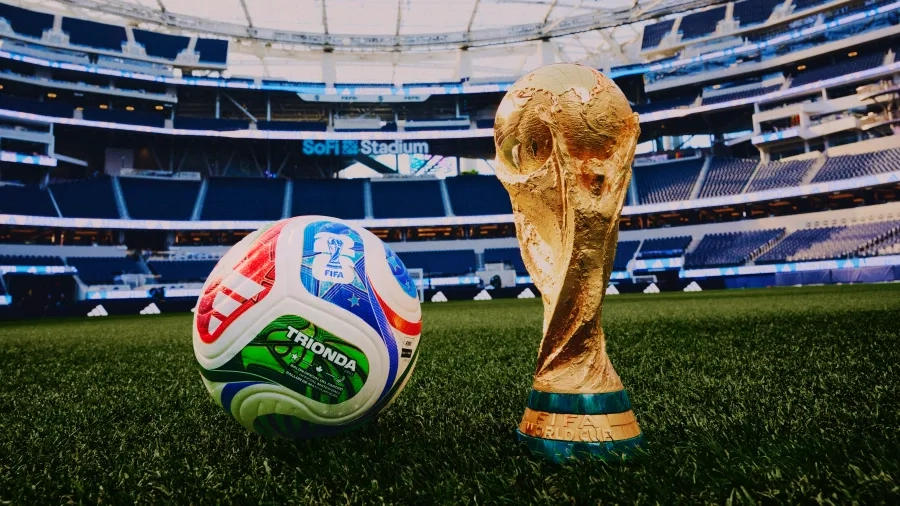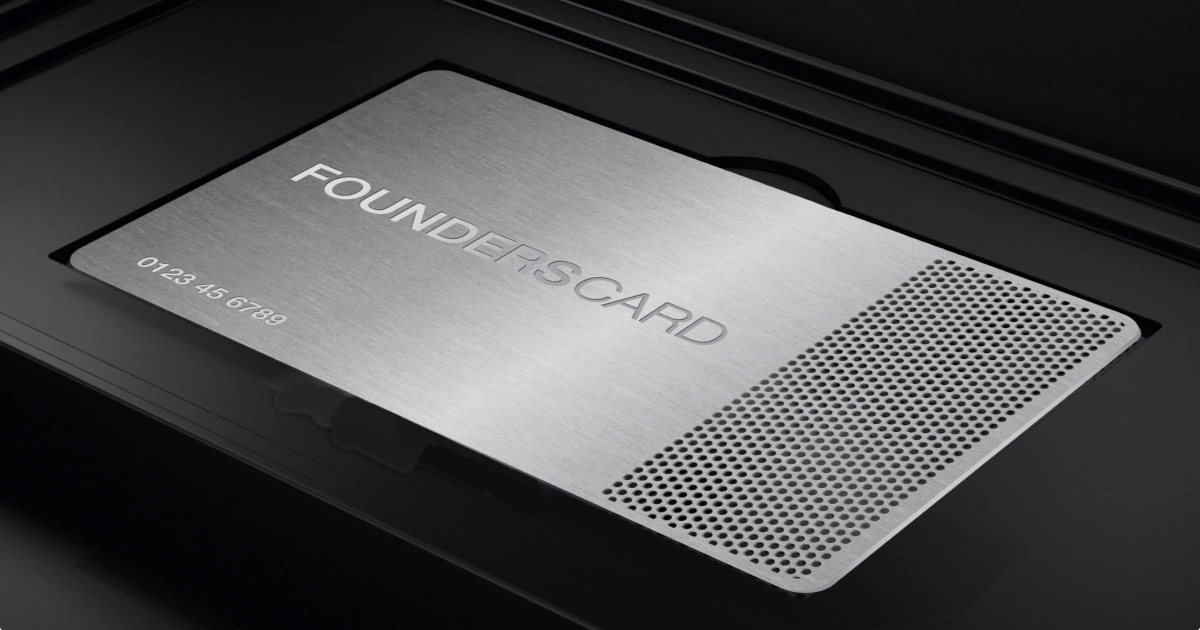
Kudos has partnered with CardRatings and Red Ventures for our coverage of credit card products. Kudos, CardRatings, and Red Ventures may receive a commission from card issuers. Kudos may receive commission from card issuers. Some of the card offers that appear on Kudos are from advertisers and may impact how and where card products appear on the site. Kudos tries to include as many card companies and offers as we are aware of, including offers from issuers that don't pay us, but we may not cover all card companies or all available card offers. You don't have to use our links, but we're grateful when you do!
Does Chapter 13 Affect Your Credit Score?
July 1, 2025

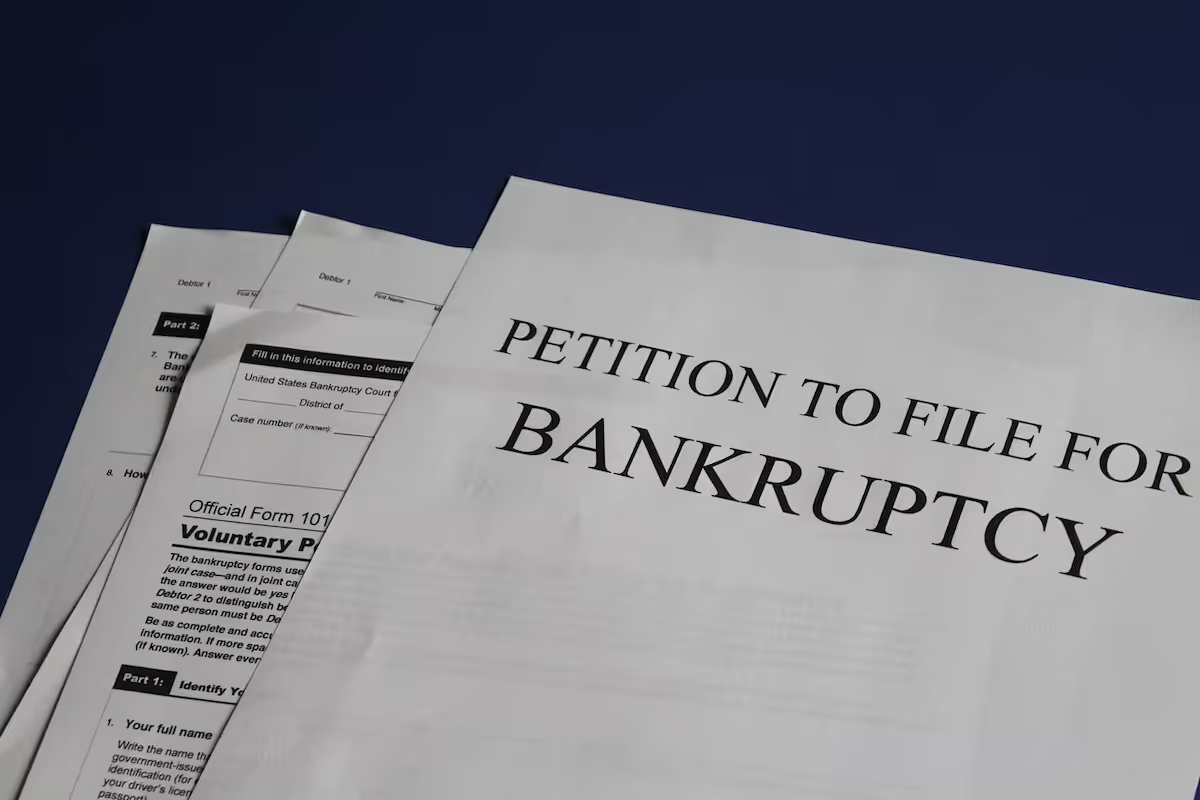
Quick Answers
Filing for Chapter 13 bankruptcy will appear on your credit report for up to seven years, causing an immediate and significant drop in your credit score.
Making consistent, on-time payments under your court-approved plan is the first step toward rebuilding your credit while still in bankruptcy.
After discharge, you can accelerate your credit recovery by responsibly managing new lines of credit, such as secured cards or loans.
What Is a Chapter 13?
Chapter 13 bankruptcy is a legal process that allows individuals with a regular income to reorganize their finances under a court-approved plan. Debtors propose a repayment schedule to make installments to creditors over a period of three to five years. This structure enables individuals to keep valuable assets, such as a house or car, while they work to catch up on their debts.
Filing for Chapter 13 will be noted on an individual's credit report and will lower their credit score. This public record can remain on a credit report for up to seven years from the filing date. However, successfully completing the repayment plan and managing finances responsibly afterward provides a foundation for rebuilding credit over time.
How Chapter 13 Bankruptcy Could Affect Your Credit Score
Filing for Chapter 13 bankruptcy will significantly lower your credit score. This public record signals higher risk to lenders, impacting your financial standing for years as you work through the process.
Initial Filing Impact: The most immediate and severe drop occurs right after you file. The bankruptcy becomes a public record and is added to your credit reports, causing a substantial decrease in your score almost instantly.
During the Repayment Plan: Throughout the 3-to-5-year repayment period, your score will likely remain low. While consistent payments are a positive factor, the active bankruptcy status continues to suppress your score and severely limit access to new credit.
Upon Discharge: Once you complete the repayment plan and the court discharges remaining eligible debts, your credit report is updated to reflect this. This may result in a slight score increase as the active case is officially closed.
The Rebuilding Phase: A Chapter 13 bankruptcy remains on your credit report for up to seven years from the filing date. During this period, your primary focus will be on slowly rebuilding credit through responsible financial habits, such as using a secured credit card.
Final Removal: After seven years, the bankruptcy record is removed from your credit report. Assuming you've managed credit wisely in the interim, its removal should lead to a significant improvement in your score, opening up better financial opportunities.
How Much Will Chapter 13 Affect Your Credit Score?
The exact impact of a Chapter 13 bankruptcy on your credit score can vary depending on your specific financial situation. Here are a few key things to consider regarding the potential effects.
- Initial Score Drop. Filing for Chapter 13 will cause a significant drop in your credit score, often by over 100 points. The higher your score was before filing, the more substantial the initial decrease will likely be.
- Credit History Before Filing. Your credit situation prior to filing plays a major role in the overall impact. If your score was already low from missed payments, the drop from the bankruptcy filing might be less severe.
- Duration on Credit Report. A Chapter 13 bankruptcy remains on your credit report for up to seven years from the filing date. This long-term mark can affect your ability to secure new credit during that period.
How You Can Avoid Chapter 13 Affecting Your Credit Score
Debt Management Plan
A debt management plan, often arranged through a credit counseling agency, consolidates your debts into one monthly payment. The agency negotiates with creditors for better terms, which can help you repay your debt in full without the long-term credit impact of a bankruptcy filing.
Debt Consolidation Loan
Another option is a debt consolidation loan. This involves taking out a new, single loan to pay off multiple existing debts. You are then left with one payment, ideally at a lower interest rate, which can make your obligations more manageable and help you avoid bankruptcy.
Direct Creditor Negotiation
Consider contacting your creditors directly to negotiate a new payment plan or a settlement. Many are willing to work with you to find a solution, such as reducing interest rates or accepting a lump-sum payment for less than the total amount owed.
Ways to Improve Your Credit Score
Improving your credit score is not only possible, but it's also a critical part of managing your financial well-being. Whether you're looking to boost your FICO® score or VantageScore, there are several proven methods to enhance your creditworthiness and build a healthier financial profile.
- Monitor your credit reports regularly. Obtain your free reports to identify and dispute any inaccuracies, which can help you detect identity theft and track your improvement over time.
- Establish automatic bill payments. Since payment history is a huge factor in your score, setting up automatic payments for all your credit accounts ensures you never miss a due date.
- Reduce your credit utilization ratio. Aim to keep your credit usage below 30% of your total available credit, as a lower ratio is viewed favorably by lenders.
- Become an authorized user. You can be added to the credit card account of someone with a strong credit history, allowing their responsible usage to positively impact your score.
- Diversify your credit mix. Lenders like to see that you can handle different types of credit, so having a mix of installment loans and revolving credit can be beneficial.
- Limit hard inquiries. Applying for too much new credit at once can temporarily lower your score, so it's best to space out your applications.
The Bottom Line
Filing for Chapter 13 bankruptcy will lower your credit score and remain on your report for seven years. However, it provides a structured path to manage debt and begin rebuilding your credit.
Frequently Asked Questions
How long does Chapter 13 stay on my credit report?
A Chapter 13 bankruptcy remains on your credit report for seven years from the filing date, which is shorter than the ten-year period for Chapter 7.
Can I get new credit during a Chapter 13 plan?
It is difficult but not impossible. You typically need court approval and must show a compelling reason, such as needing a car for work.
Will my score improve right after my Chapter 13 discharge?
Not instantly. While the discharge is a positive step, rebuilding your score requires time and consistent, responsible use of credit moving forward.
Unlock your extra benefits when you become a Kudos member

Turn your online shopping into even more rewards

Join over 400,000 members simplifying their finances

Editorial Disclosure: Opinions expressed here are those of Kudos alone, not those of any bank, credit card issuer, hotel, airline, or other entity. This content has not been reviewed, approved or otherwise endorsed by any of the entities included within the post.



































.webp)

.webp)

